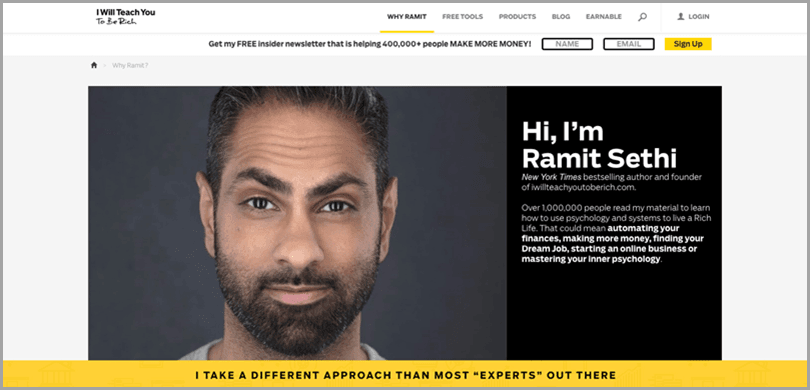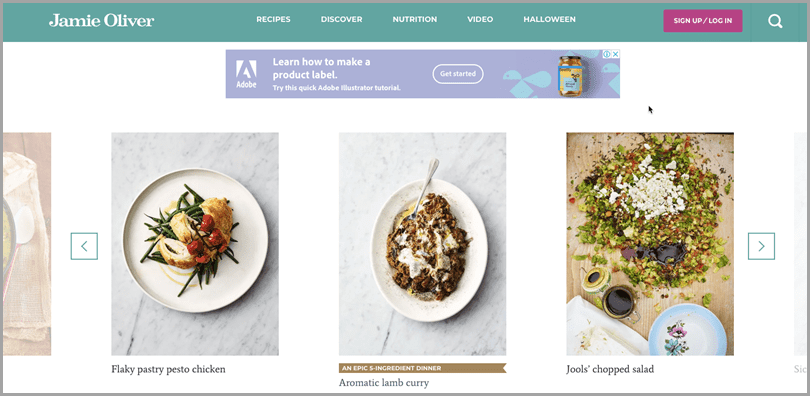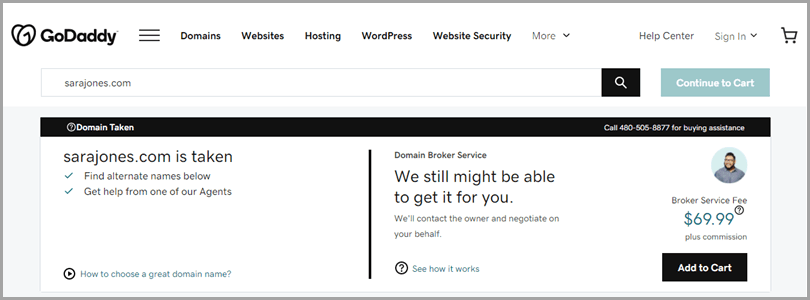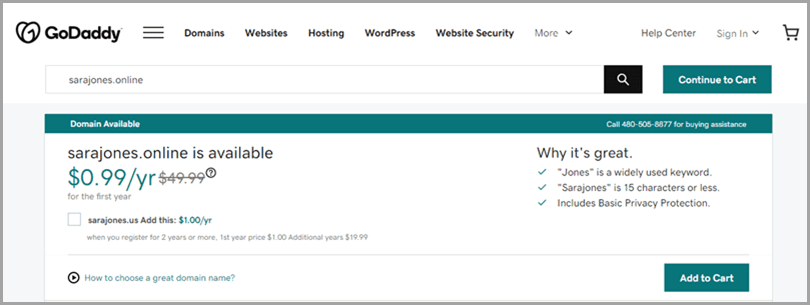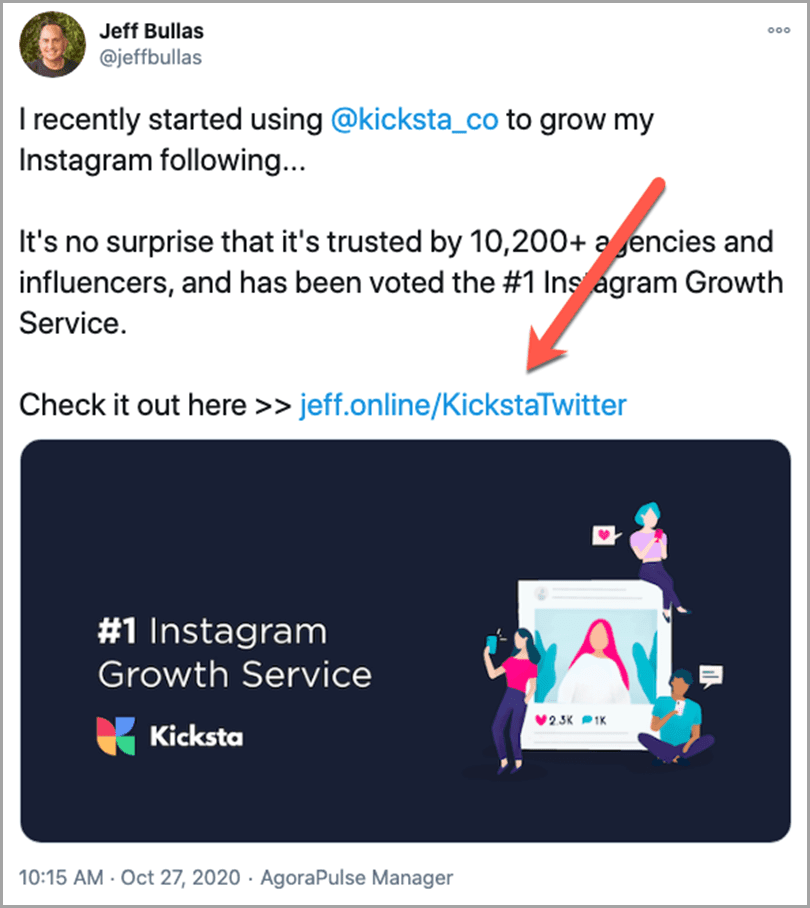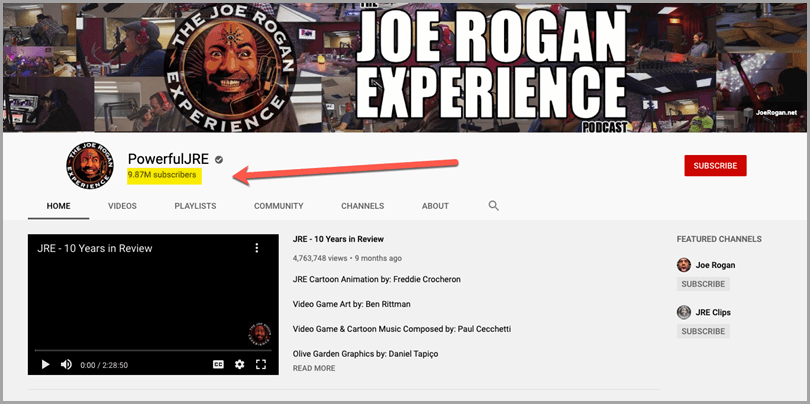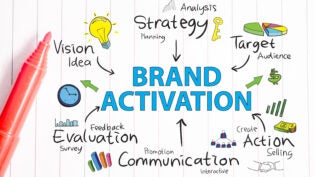Why Your Personal Brand Needs a Memorable Domain Name (Plus 5 More Tips)
By: Jeff Bullas

It’s not just consultants, coaches, and bloggers looking to build credibility anymore.
Influencers, executives, and even new high-school leavers looking for their first job are joining the party, too.
Your personal brand is more important than ever, and everyone needs to be deliberately thinking about how they are perceived in the digital world.
Whether you’re applying for a CEO position for a Fortune 500 company, submitting a graduate application to a tech giant, or trying to convince your first business client to buy your services, you can almost guarantee that the people making the decision will take a look at you online.
Maybe they’ll start by Googling your name… then they’ll jump on Facebook, Instagram, or YouTube, to see what type of digital footprint you’ve created.
Good, bad, or ugly, your digital footprint is your unique personal brand, and it’s the first impression of the modern business world.
So, how do you create a great first impression? How do you build a personal brand you’re proud of?
Here are six tips to help get you on track.
Get your own .ONLINE domain at 90% OFF, today!
One new domain extension that checks all the boxes is .ONLINE. It’s the domain name for anything that’s online and could be the perfect addition to your marketing efforts.
#1. Find your voice
When it comes to your personal brand, what is your “voice”?
It’s a term that gets thrown around quite a bit in the business world, but it’s just as important when it comes to your personal brand.
Your personal branding voice is the way you represent yourself out there in the digital world.
What do you stand for? What are your values? What’s your key messaging? What’s your purpose? What’s your elevator pitch?
These are all questions you should be asking yourself. And the answers should be easily accessible for anyone looking for you online or talking to you in person.
Let’s take Ramit Sethi, for example. His mandate is clear – if you want to live a “richer” life, then he’s your guy:
“Over 1,000,000 people read my material to learn how to use psychology and systems to live a Rich Life”.
It’s a clear value statement that resonates with his audience and positions him as an authority in his industry. This is what you should aim to have for your personal brand.
#2. Create a brand identity
Just like a business, your personal brand needs an identity.
This identity is who you are and what you stand for. These are qualities that will make people remember you. It’s the copy, imagery, colors, fonts, and style that come together to deliver your message.
I’d urge you to go as far as creating a personal branding guidelines document – just like a new business would. This will help you be consistent in delivering your identity and ensure anyone you hire upholds the same standards.
In the example above, Ramit Sethi uses black and yellow as the primary colors for his personal brand in everything he does.
For another example, check out Jamie Oliver’s brand. The “olive” green and sophisticated font are synonymous with all of his products, publications, and branding activities. It makes his identity.
#3. Get a personal website
As you can see from the examples I have used so far, having a personal website is critical for establishing your identity and giving interested parties a place to learn more about you.
Your website is what will show up in a Google search for your name and where you will display your key messaging. It’s the foundation of your brand online. Every social network, job application, or client proposal will link back to your website as a point of reference.
It is THE center of your credibility puzzle.
Your personal website forms a crucial part of your brand identity. Something that people can remember, quickly type into a browser on their phone, and remind them of you immediately.
The problem is, it can be hard to secure your name as a .COM domain name – which ticks many of these boxes. To get a .COM, you may have to put an extra letter or a number, or change the spelling of your name, which looks bad, and in the long run, can be damaging to your brand.
New domain name extensions, such as .ONLINE, .SPACE, or .SITE are great alternatives for setting up your personal website because you’ll most likely get the exact personal brand domain name you are looking for.
They also make your domain name and your identity on the Internet a lot more meaningful. For example, let’s say your name is Sara Jones.
www.sarajones.com is unfortunately taken.
However, www.sarajones.online, is available.
#4. Capitalize on every branding opportunity
To be memorable, your personal brand needs to be everywhere.
The top priority should be your website, of course. But then it’s time to claim all of your social profiles and create consistency of messaging on those platforms too. From Twitter to LinkedIn, everything should use the same brand identity, messaging, and website information so that wherever people discover you, they can find out more about your personal brand if needed.
Branded short links are the optimal way for directing people to your website (or other information you’re sharing) that add value to your brand. In fact, using branded short links can increase brand recall by almost 39%.
I use Jeff.ONLINE to track all of our campaigns and customize the links using Bit.ly with relevant strings. For example, here is a Twitter campaign we’re running for the Instagram growth tool, Kicksta. You can see how much cleaner the link looks and how it adds value to my personal brand when compared to a generic URL:
#5. Create and share content
The foundation of your personal brand should be some form of content.
Whether that’s a series of blog posts, code snippets on Github, a YouTube channel, or something as simple as the re-sharing of valuable information on Twitter, the content you align with your personal brand will inevitably be attributed to your credibility.
Ideally, you will create thought leadership content that builds your reputation, generates trust with your colleagues and potential partners, and establishes you as an authority in your chosen industry.
For me, I started by blogging. Then that morphed into Tweets, Facebook shares, a YouTube channel, and now a podcast.
Choose a medium that suits your personality and aligns with your personal branding goals – then create consistent content and keep turning up week after week.
#6. Align yourself with credible figures
The final piece of the personal branding puzzle is all about relationship building.
It’s no good creating content and establishing an online presence if you do so in a vacuum.
Aim to identify and connect with notable figures, influencers, and respected brands in your niche. By aligning yourself with these entities, you will build authority by association.
If you can build a relationship with credible figures, it will expand the reach of your personal brand as you tap into their already existing audience.
An excellent way to grow your network is by podcasting. Inviting guests on your podcast and giving them exposure to your audience as experts is a non-intrusive way of establishing a connection with them.
Joe Rogan, arguably the world’s most well-known podcaster, has built a powerful personal brand on the back of this approach alone. Rogan has a whopping 9.8 million subscribers on YouTube and struck a deal with Spotify for over $100 million.
Wrapping up
Building a personal brand is more than just a fad… it’s an essential part of running a business, growing a career, or marketing yourself in any way, shape, or form.
But it’s much more than just having a LinkedIn profile.
More and more, the expectation of individuals is to have an easily searchable online presence across numerous channels that tells a story about their experience.
The new economy is about individuals, not brands. So you need to think like a business when setting up your digital footprint.
Get a memorable personal domain name, document a brand identity, find your voice, create content, network with influential figures, and BE EVERYWHERE. That is your mandate.

